Early-stage startup toolkit

I have done a few startups and joined some startups as an early employee; nowadays, I talk to and mentor multiple startups today. The startups I focus on are internet startups, and here are some tools and methods that I invariably see them using.
Internal Communication
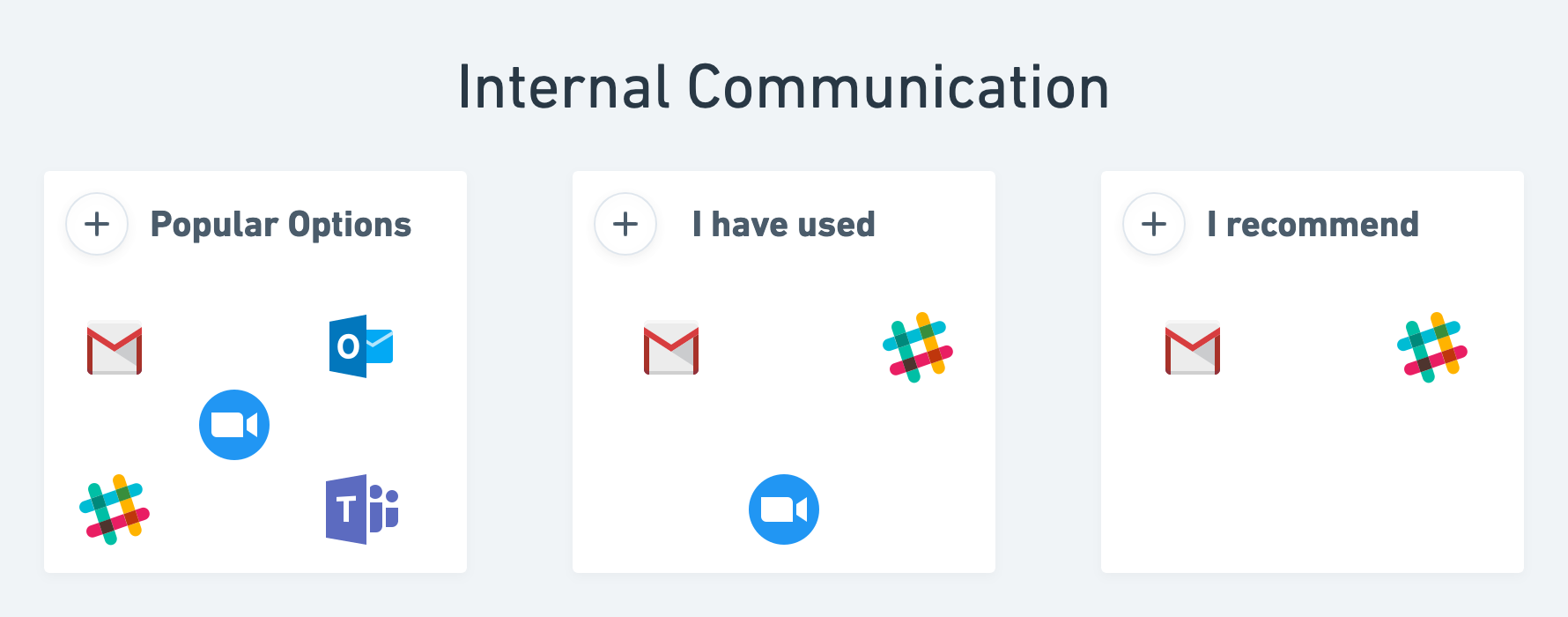
After buying a domain, one of the first things is to set up an email and other team communication systems. I have been exclusively using Google Suite and Slack for the last 7-8 years and recommend the setup for new startups. Both Google Suite and Slack have call options, but Zoom is popular for calls.
Version Control
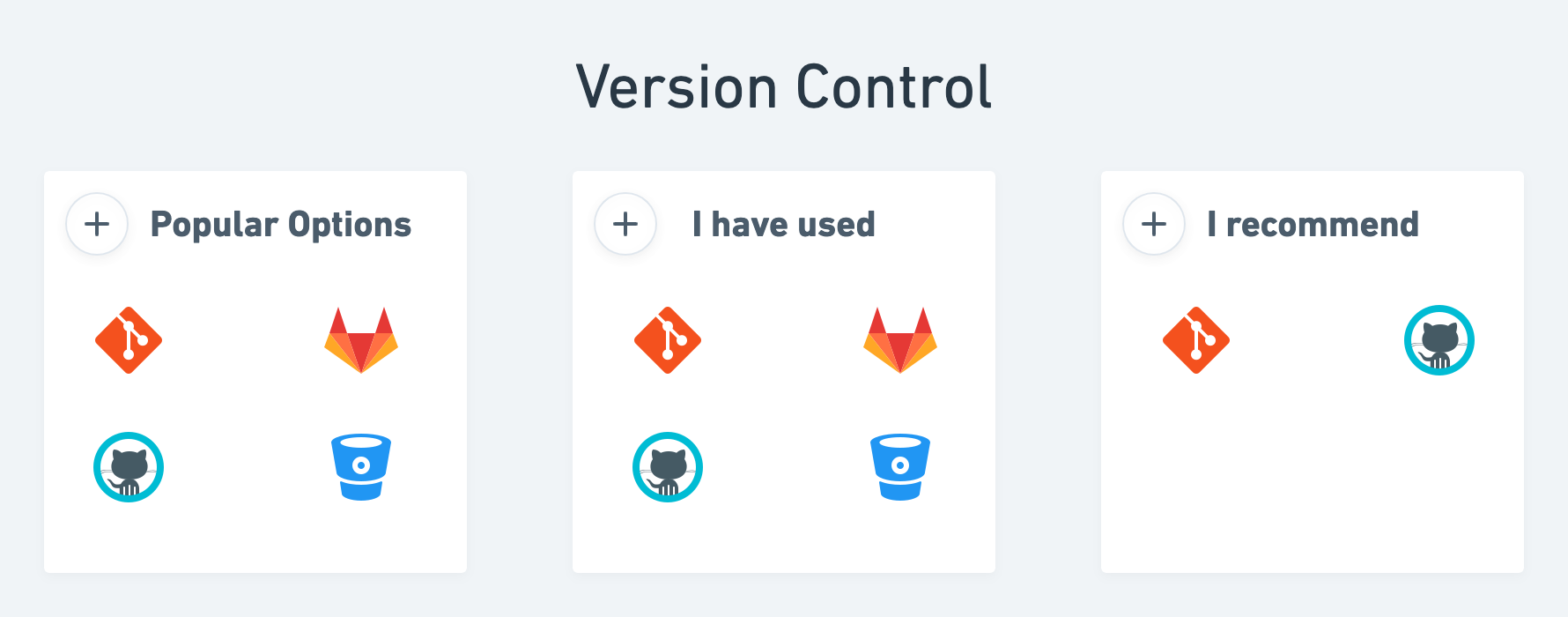
If you are writing code, collaborative code version control is a must-have from day one. After using CVS, Clearcase, SVN, and git, I have stuck with git for the last decade. Bitbucket, Github, and Gitlab are good enough services. I have used Github the most.
Project Management
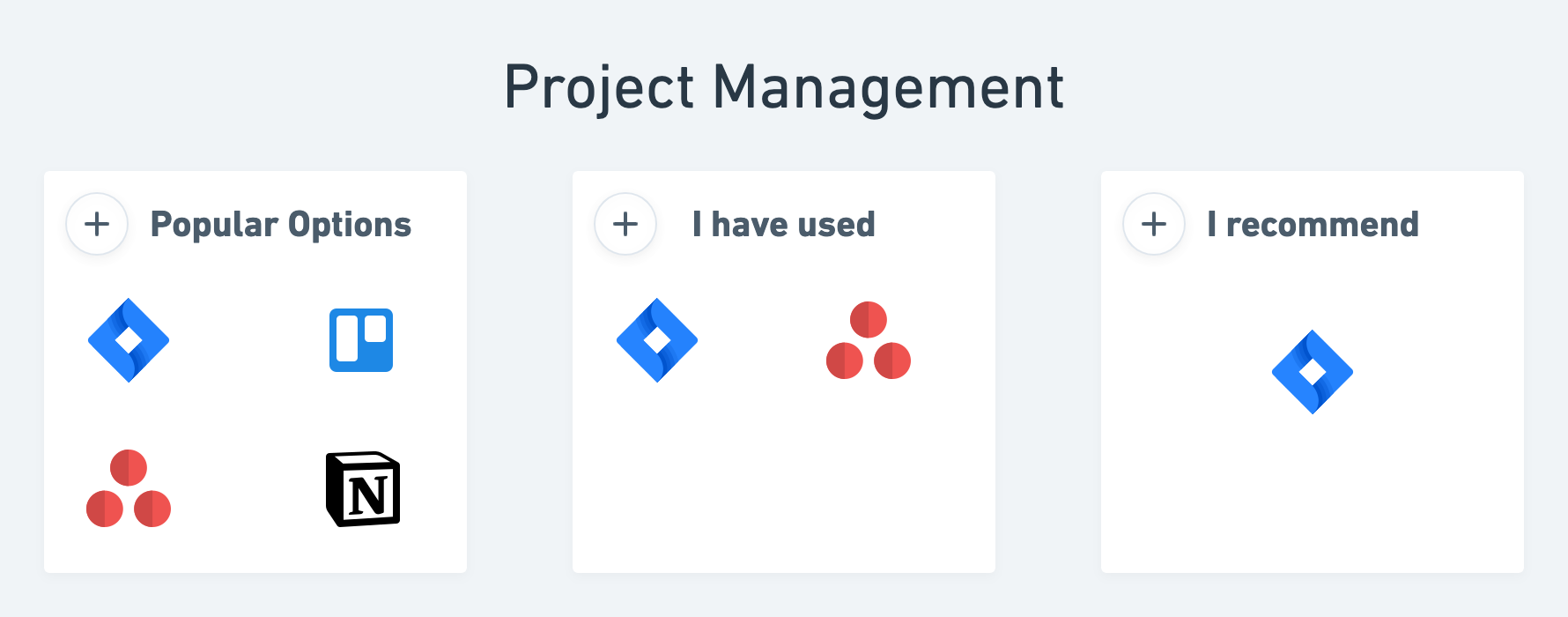
Startups are exciting, and in the early days, there is a passionate haze in the air. The initial team often seems to have a mind-melding exercise where the right things happen without written requirements, stories, tasks, or project plans.
I have often started with a shared TODO list moved to Asana before settling on JIRA for tracking stories or tasks. I also see startups using Notion for project management.
I remember installing Bugzilla at three different startups as one of the first things with a code version system. I tracked both bugs and tasks in Bugzilla.
Documentation
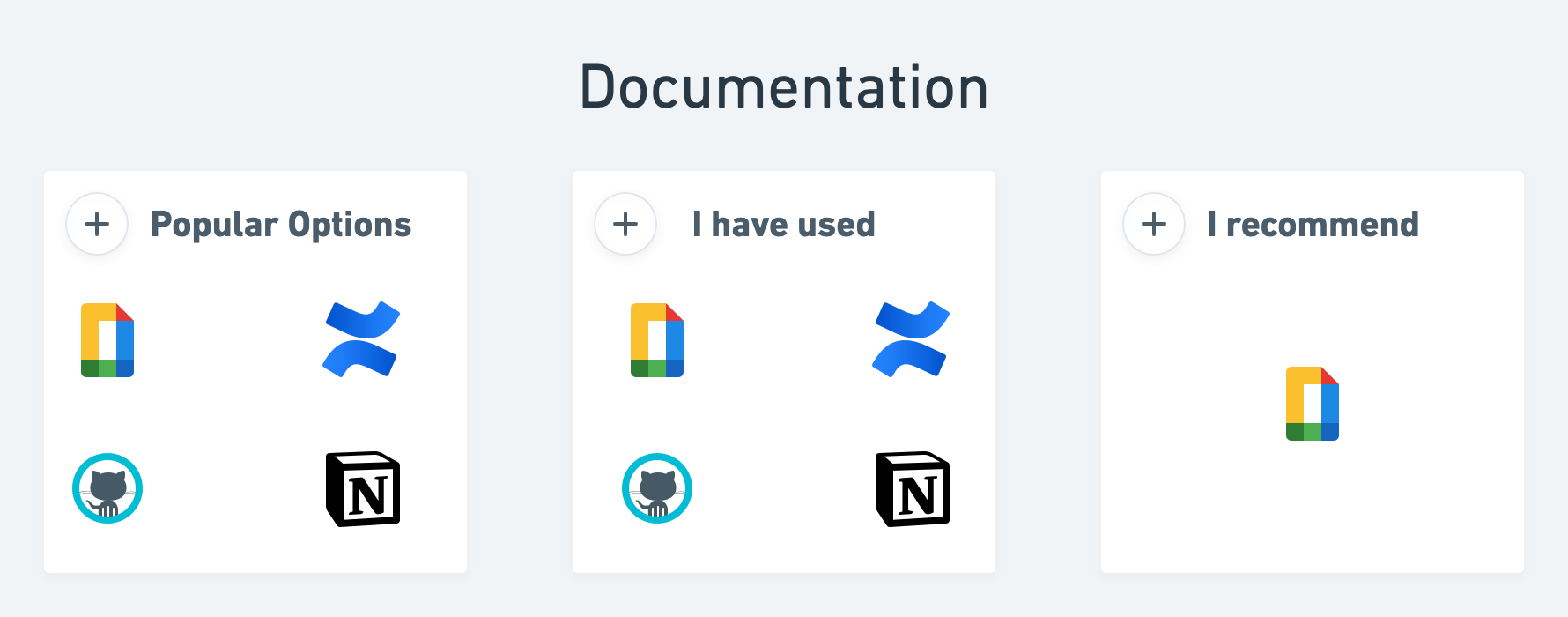
We are running fast; we don't have a product-market fit; things change so quickly; what's the point in documenting. I hear this a lot, and these are good arguments sometimes. I still recommend creating essential documents around goals, architecture, decisions, vision, values, etc. The act of writing improves the quality of our thought process, and these artifacts are handy for people joining your mission and cause when you are still small. Github, Confluence, Notion, and Google docs; I have used all four at different places.
API documentation
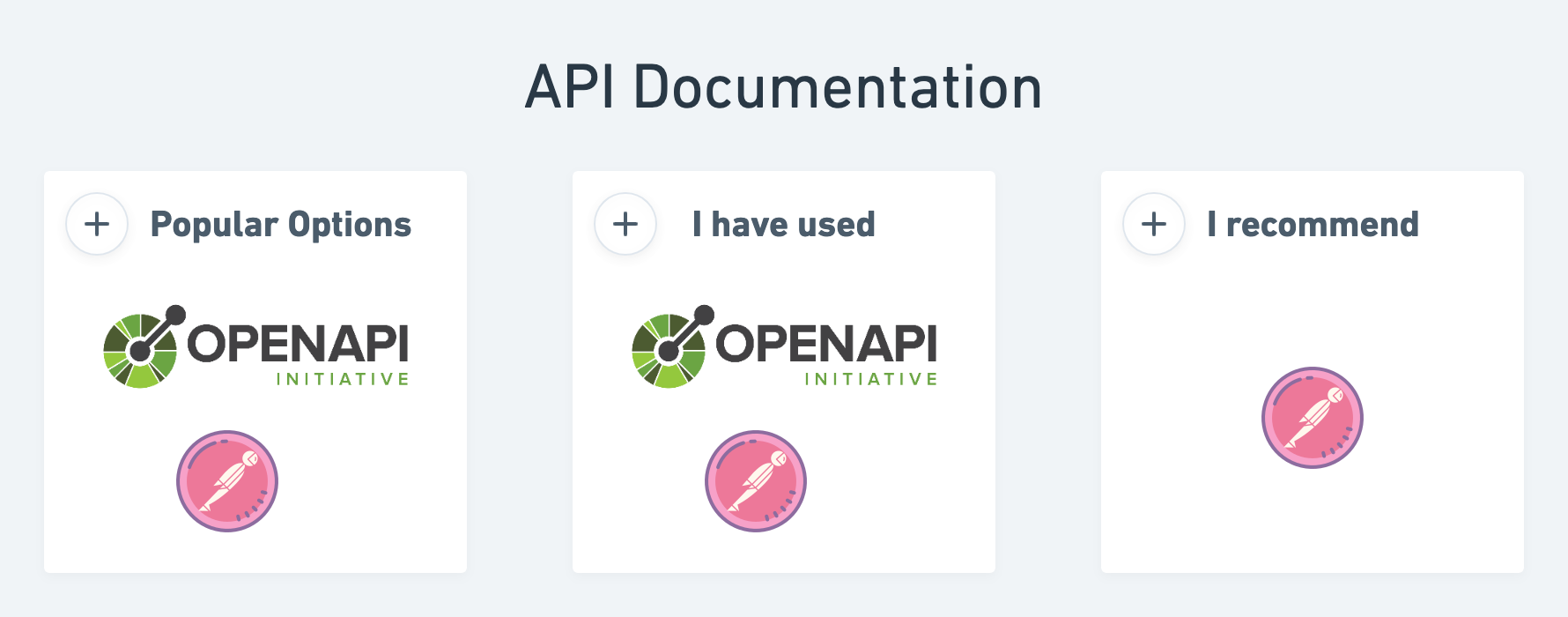
The world runs on APIs today. Our APIs now have multiple consumers (web, other services, mobile apps), and we must document our APIs. I have often used Swagger for API documentation, but I keep going back to Postman for this.
Analytics and A/B
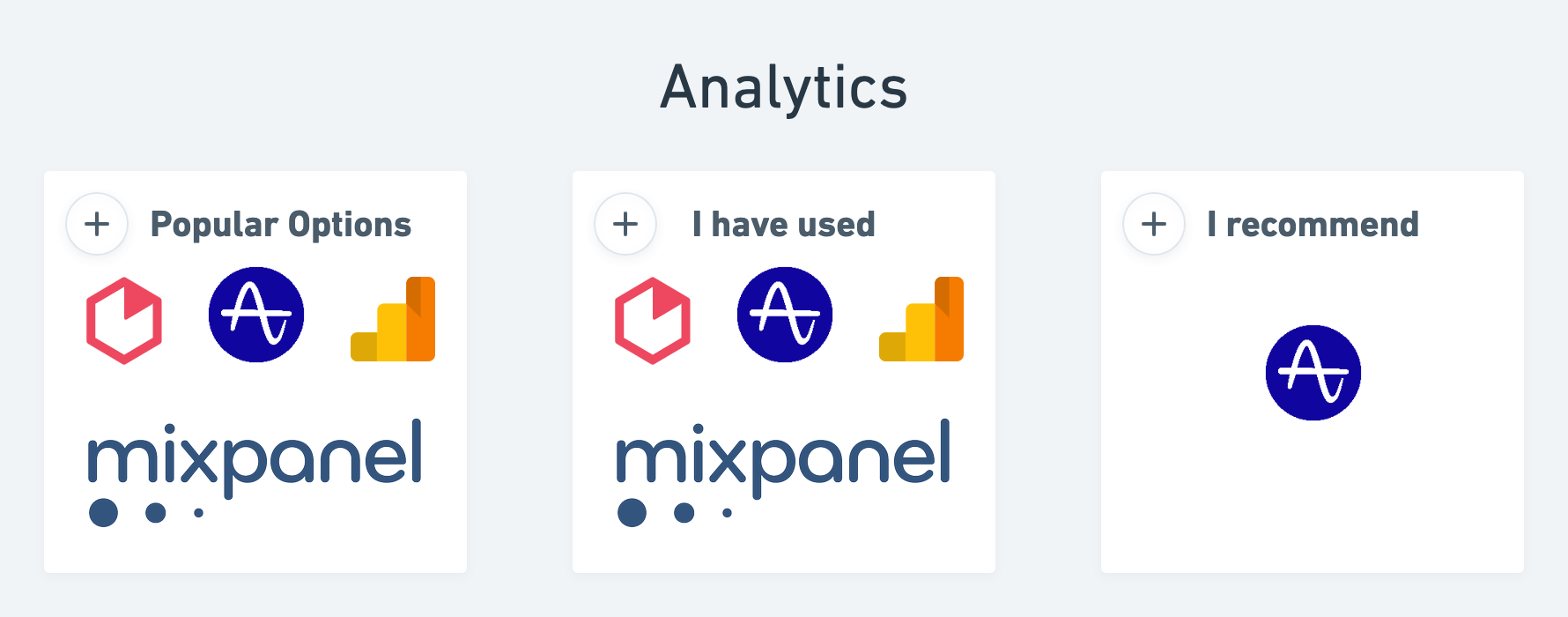
Analytics is a big topic and probably deserves an entire post. Analytics is super important, especially for a product still trying to find a product-market fit. I have built products with Heap, Mixpanel, Amplitude, Segment, and Google 360, and frankly, all of them are good enough for small startups.
We can efficiently run A/B tests with in-house systems, and there are plenty of reasonable solutions like Optimisely, Google Optimise, Apptimize, LaunchDarkly, etc. Test your growth and product usage hypothesis continuously.
Customer communication
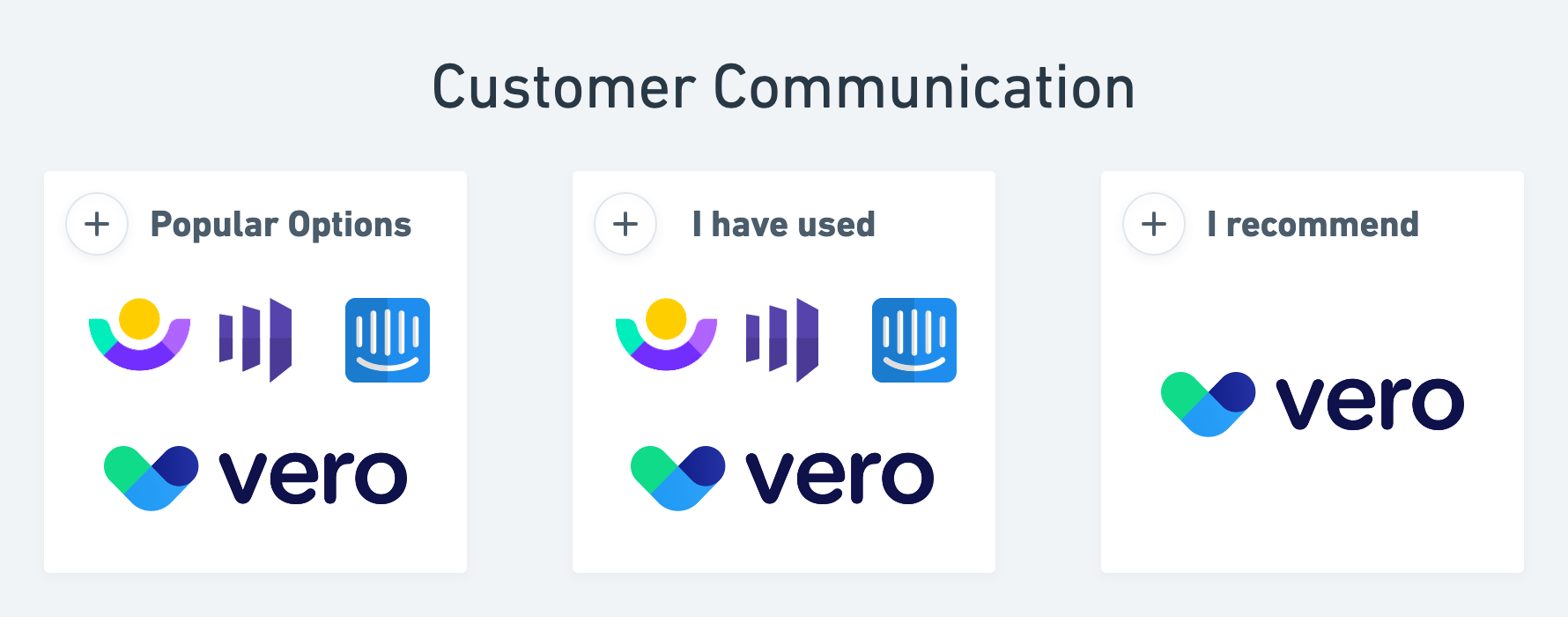
I may be an unpopular opinion in the microservices world where each service is responsible for its data and might also be considered responsible for relevant triggers etc. I first made a communication system based on user properties, system events, and time-based triggers in 2003 and have fallen in love with a centralized way of sending customer communication.
Between 2012 and 2018, I discovered and integrated with customer.io, intercom, Marketo, and Vero. These companies had built a product around customer communication that I now recommend to all founders. The latest service I discovered is MessageBird, and I now believe new startups should work with one of these feature-rich services instead of reinventing the wheel on customer communication.
Tag manager
The tag manager is probably the most ignored tool in the startup world (unless one of your founders has serious marketing chops). I have seen growth and product teams adding and removing multiple third-party JavaScript pixels as ad-hoc tasks. Save time from the engineering team and integrate Google Tag Manager from the first day.
Monitoring
It was a good, relaxing evening. My team was out partying. Suddenly we were on the first page of HackerNews and were getting some love from Reddit at the same time. Our services buckled, and we found out when friends called. Set up monitoring and alerts for your services and infrastructure as soon as possible. APM solutions like DataDog, NewRelic are good at alerting, and almost all third-party services integrate with slack or Pagerduty.
Recruiting
A recruiting tool might seem like an odd choice in all the tech tools. I recommend skipping the Google sheet route and going for a simple Applicant Tracking system for your startup as soon as you start hiring. There are many options. I have used RecruiterBox, Lever, etc., and I hear good things about Workable.
CDN
CDNs are not just for big startups. It's super simple to get behind CloudFlare or AWS CloudFront. Even in the short run, you end up saving money with a half-decent configuration. Security, speed, and savings CDNs give you all three.
Continuous integration
Don't deploy manually, ever. Jenkins is a solid start, but many other CI solutions are simple to start. If you start deploying manually, you leave a lot of room for manual errors.
Credits: All icons from https://icons8.com/
